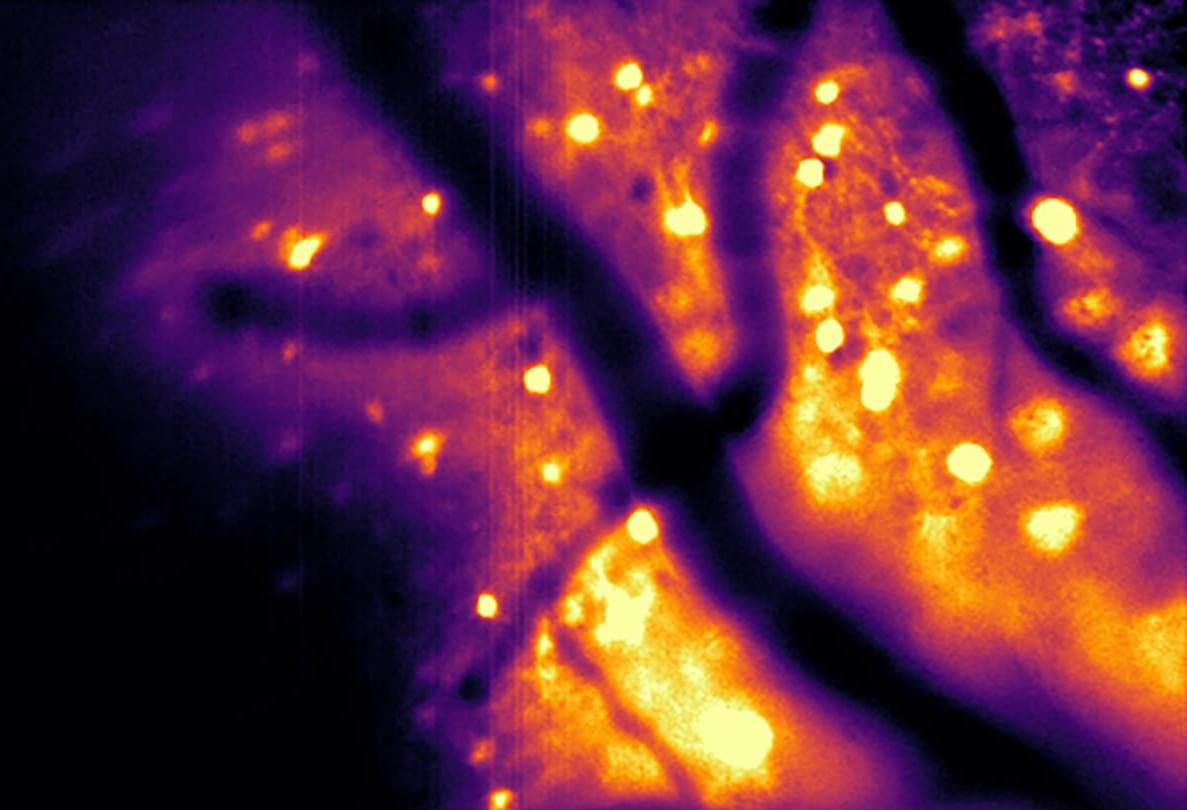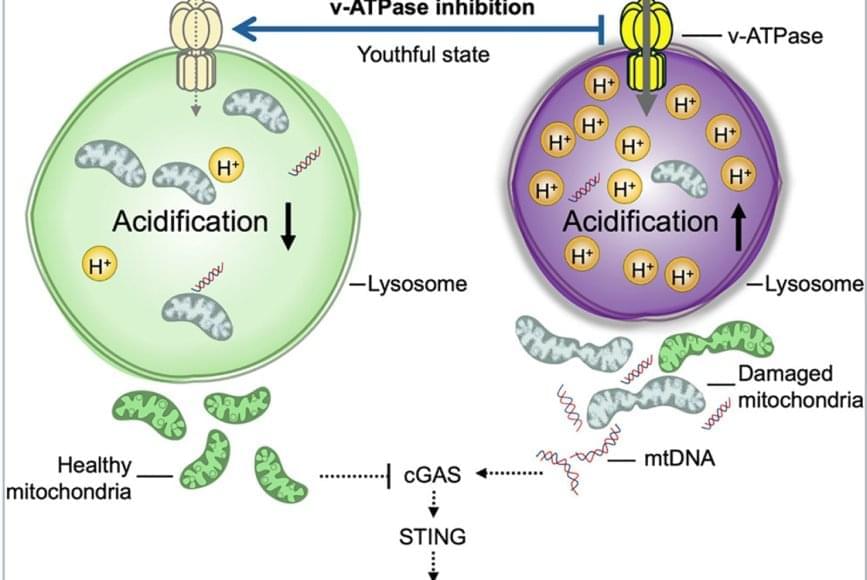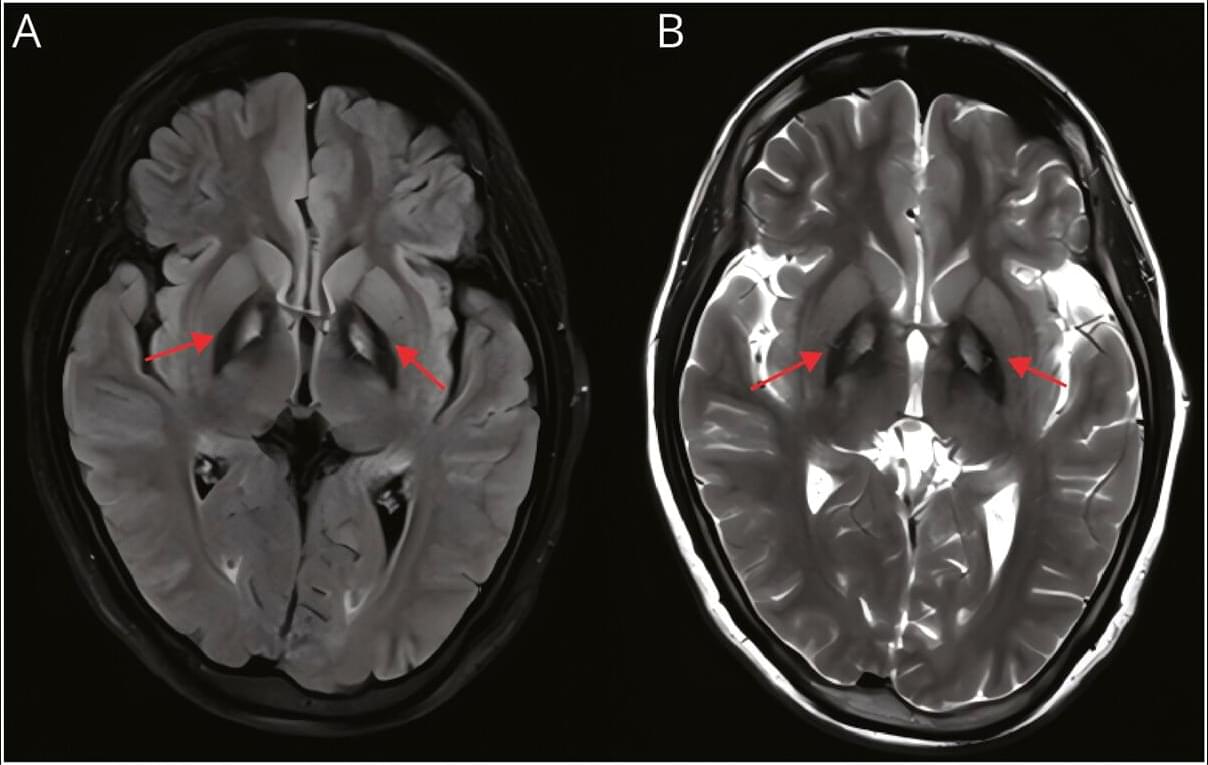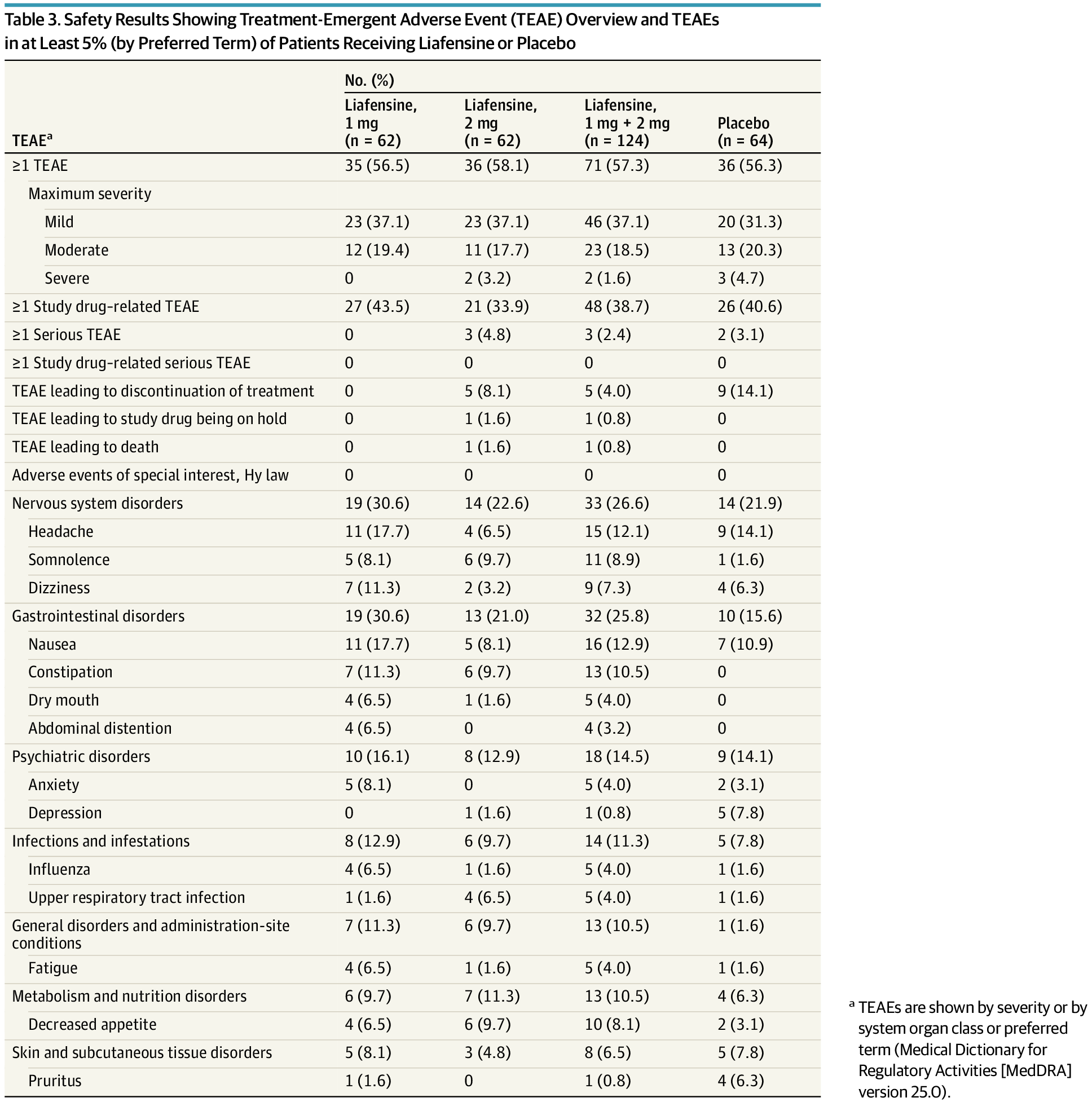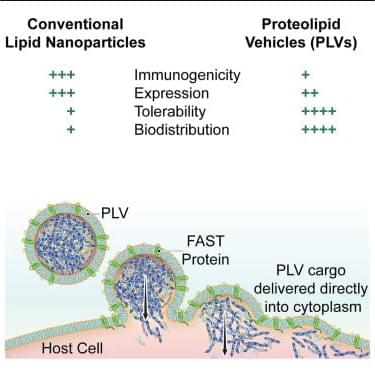In their nucleus, as they replicate, blood stem cells can accumulate mutations and lose epigenetic marks that used to keep DNA well-arranged, ultimately increasing mechanical tension on the nuclear envelope. This study figured out RhoA is a mechanosensor activated by such tension and conducts a key role in the stem cell ageing process. Researchers subsequently proved its rejuvenating potential: after ex vivo treatment of blood stem cells with the drug Rhosin, a RhoA inhibitor, they observed an improvement in aged-related markers.
As study co-author summarizes: “Overall, our experiments show that Rhosin did rejuvenate blood stem cells, increased the regenerative capacity of the immune system and improved the production of blood cells once transplanted in the bone marrow.”
Ageing is defined as the deterioration of function overtime, and it is one of the main risk factors for numerous chronic diseases. Although ageing is a complex phenomenon affecting the whole organism, it is proved that the solely manifestation of ageing in the haematopoietic system affects the whole organism.
A research team previously revealed the significancy of using blood stem cells to pharmacologically target ageing of the whole body, thereby suggesting rejuvenating strategies that could extend healthspan and lifespan. Now, in a Nature Ageing publication, they propose rejuvenating aged blood stem cells by treating them with the drug Rhosin, a small molecule that inhibits RhoA, a protein that is highly activated in aged haematopoietic stem cells. This study combined in vivo and in vitro assays together with innovative machine learning techniques.
Blood stem cells, or hematopoietic stem cells, are located in the bone marrow, a highly dynamic and specialised tissue within the cavity of long bones. They are responsible for the vital function of continuously producing all types of blood cells: red blood cells (oxygen transporters), megakaryocytes (future platelets) and white blood cells (immune cells, lymphocytes and macrophages). Over time, however, stem cells also do age, they lose their regenerative capacity and generate fewer and lower quality immune cells. This has been linked to immunosenescence, chronic low grade inflammation and certain chronic diseases.



